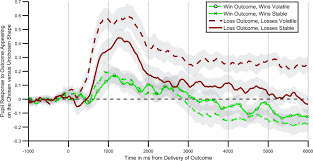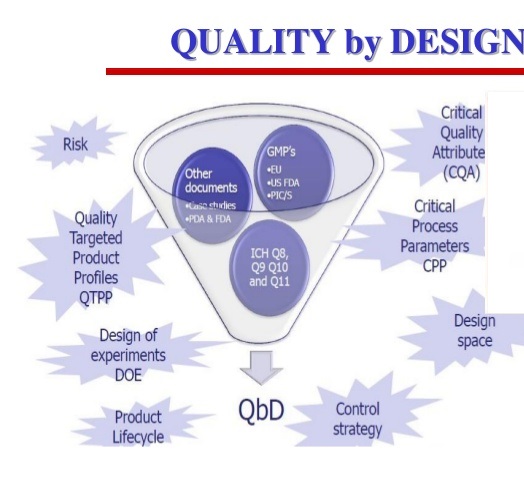Process Development and Validation rest on the right Design of Experiments and Statistical Process Control

The application of DOE and SPC to the development, design and monitoring of manufacturing and testing requires the use of procedures. Why? It is because in a recent guidance document on Process Validation, the FDA has named the Quality Unit as being responsible in the review and interpretation of DOE and SPC studies.
The Quality Unit needs to take a practical orientation when it sets out doing this work. An approach in which case studies and examples are sprinkled goes a long way in helping Process Validation professionals in their work. This is exactly what a seminar from GlobalCompliancePanel, a leading provider of professional trainings for the regulatory compliance areas, will offer and help regulatory professionals in the Quality Control and Quality Assurance areas achieve their aims.
The Director of this two-day seminar is Dr. Steven Kuwahara, who Founder and Principal, GXP BioTechnology LLC. Want to understand ways by which to adapt the right approach to applying DoE and SPC to the development, design and monitoring of manufacturing and testing? Then, please register for this very useful session by logging on to Process Development and Validation rest on the right Design of Experiments and Statistical Process Control . This seminar has been pre-approved by RAPS as eligible for up to 12 credits towards a participant’s RAC recertification upon full completion.
Completely interactive

Dr. Kuwahara will do full justice to the role and importance of practical experiments in aiding an understanding of Design of Experiments. Theoretical information will be given only when it is needed to help gain an understanding of an experiment. At this highly interactive and practical session, Dr. Kuwahara will offer examples from real processes and testing procedures. He will intersperse these with examples that will be directly applicable to the areas of work that relate to the participants of this seminar.
An understanding of the way the process parameters relate to and work with each other is necessary for any pharmaceutical worker who is involved in performing, supervising or reviewing manufacturing or testing processes. The ability to monitor the performance of processes and test methods is also needed for such a worker. While this is true for a professional in any department of pharmaceuticals; it applies more to the worker who works in Quality Control and Quality Assurance, a requirement that has become necessary following the passage of recent FDA guidance document on Process Validation.
However, it is the development, manufacturing, or quality systems worker who carries out this work. In view of this fact, a high degree of coordination is needed between these two levels of employees. At this seminar, Dr. Kuwahara will arm these two levels of employees with the knowledge of the ways of designing the systems and studies, and then interpreting the results generated.

Dr. Kuwahara has charted out the following agenda for this seminar:
Dietary Design of Experiments
- Introduction
- One Level, One Factor Designs. Simple Comparisons
- Two-Level Multi-Factorial Design
- Extracting Information from the Experiment

- Shewhart Charts for Variable Data
- Shewhart Charts for Attribute Data Especially Counts
- Considerations from Shewhart Charts
- Other Types of Charts Related to Shewhart Charts
To join us for more information, get in touch

0 Comments:
Post a Comment
Subscribe to Post Comments [Atom]
<< Home